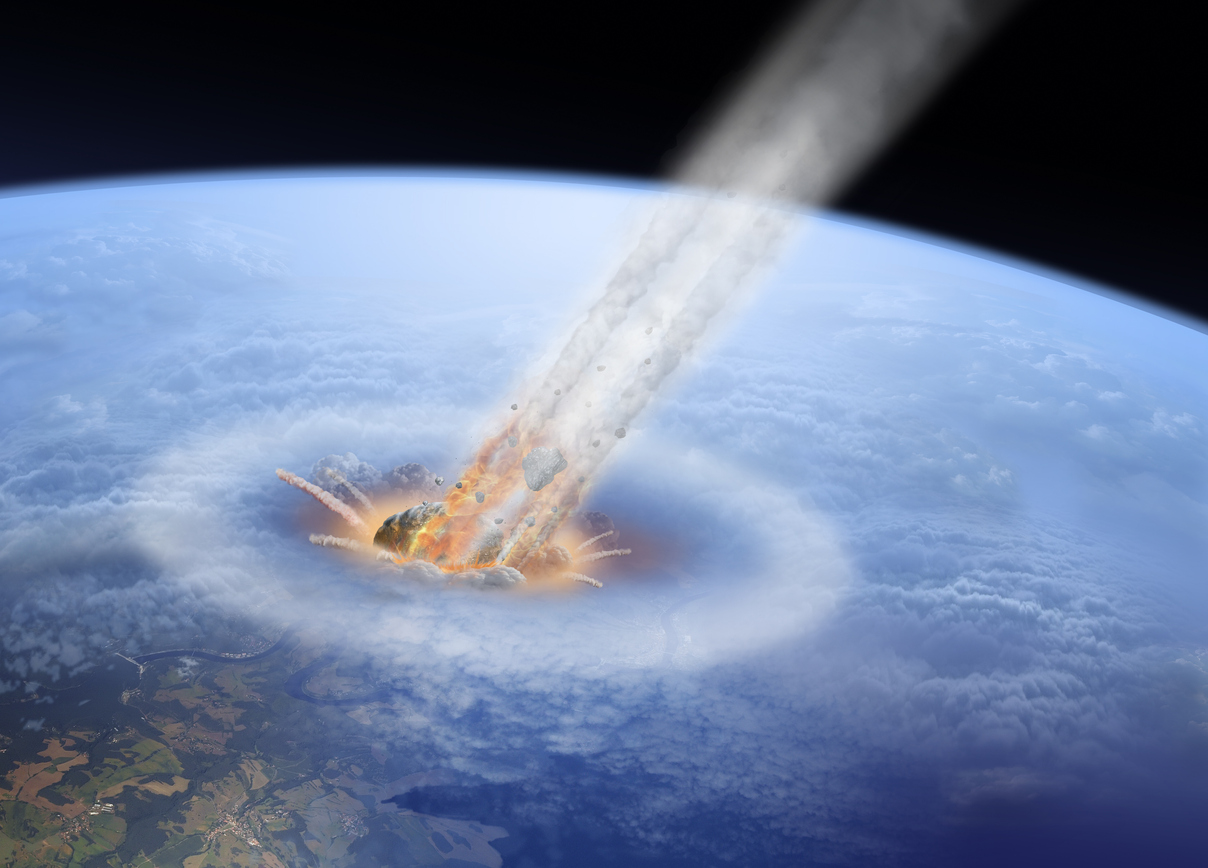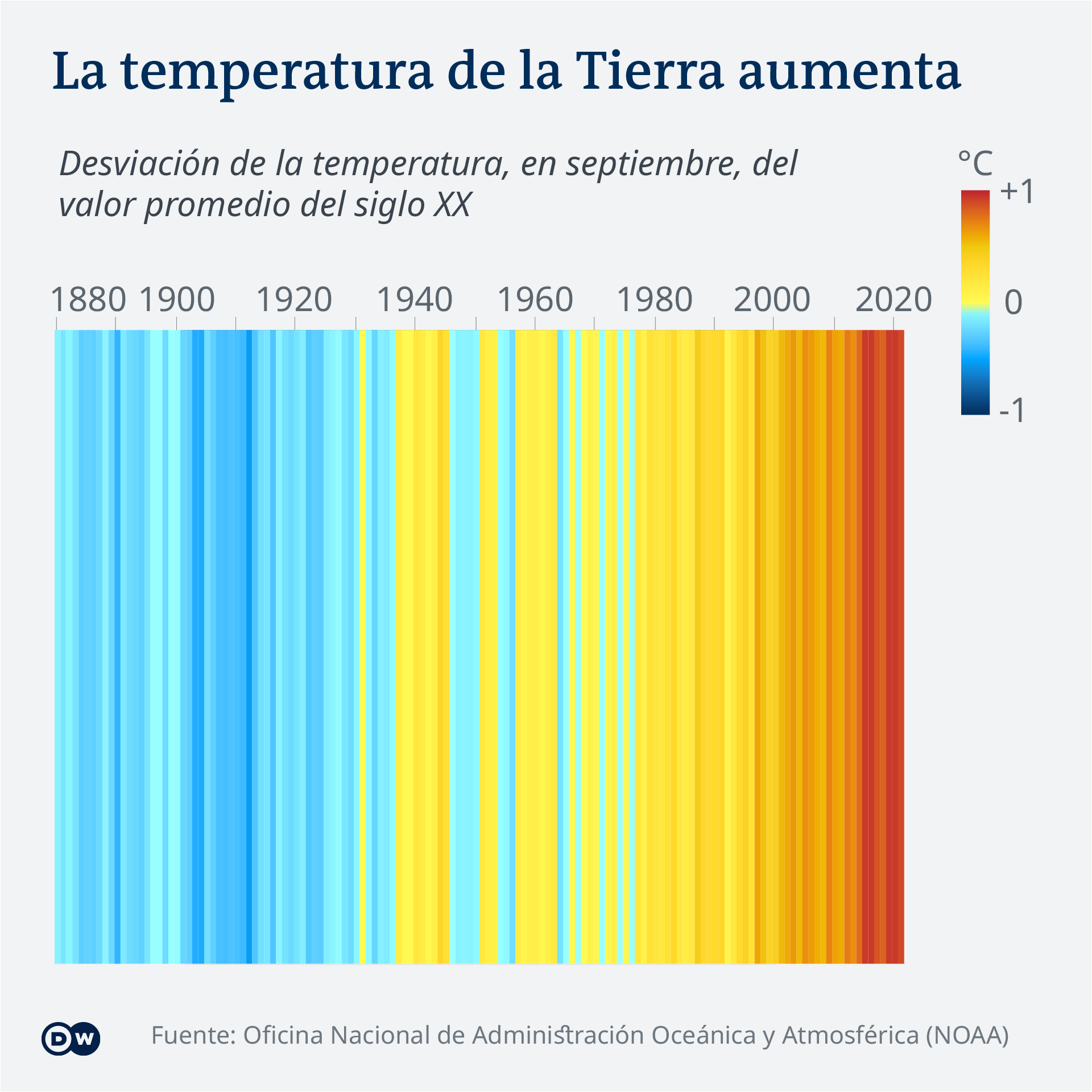How will climate change affect
This post was created during conversations with different colleagues in the master's degree in scientific, medical and environmental communication and therefore does not want to answer a direct question if not resolve a personal question shared with many people: global warming and climate change are the same concept?
In view of the 2008 Eurobarometer, most Europeans, myself included, thought that they were the same concept. But if we look at it in a little more detail we will see that they are not exactly the same.
Let's talk about climate change.
A good definition of climate change is the change in weather over a period of time. The factors that are taken into account to study this change are: atmospheric pressure, winds, humidity, precipitation and temperature. In order to get an idea of ??the evolution of these factors throughout history, we study such varied and strange things as sedimentation on the seabed by glaciers, tree rings or the growth of banks. of coral. And with all this information, estimates are made of the climate in specific areas of the world or globally, and so we can talk about periods of glaciation or interglacial.

Some causes have been identified that cause the climate to shift from one glacial to a non-glacial period, differentiating it from external and internal influences on the planet. Some of the most important external ones are the solar variations, since the sun does not always "burn" with the same intensity and goes through different cycles of activity that influence the Earth; orbital variations, caused by interaction with neighboring celestial bodies such as the moon; and meteorite impacts, we all know dinosaur extinction theory, don't we?

In terms of internal influences, the most prominent are the ocean currents, which move air and water at different temperatures through areas of the earth cooling or heating everything in its path; continental drift, which changes the latitudes and heights of the terrain affecting the climate of these regions; the composition of the atmosphere, which has varied throughout the history of the planet through more opaque or more transparent epochs; and anthropogenic effects, that is, those caused by human activity, which sometimes seem to be the only causes, although they are the only ones we can influence for better or worse.
Throughout recent history, though it may seem untrue, there has been an ice age, or rather, a Little Ice Age in the North Atlantic. Specifically, after a time that climate historians call the warm medieval period from the 10th century to the 14th century, when the climate was especially hot, there was a drop in very low temperatures and snowstorms in areas. where today it does not snow even one day a year. This small glacial period lasted from the 14th century to the middle of the 19th century. Since then, average temperatures have risen steadily to this day, far exceeding those achieved during the warm medieval period.
This rise in average temperatures is what we call global warming and is seen not only in the North Atlantic but is felt around the planet at different levels of intensity.
We can therefore say that we are experiencing climate change that is associated with global warming. Climate change may or may not have anthropogenic causes, but it is clear from studies that one of the main causes of global warming is favored by human action: greenhouse gases. These, once deposited in the atmosphere, cause the solar radiation that bounces off the earth's crust to escape into space but to remain in the biosphere, just like the greenhouses that give them their name.

It is true that they are not the only cause of global warming, we must also take into account the solar changes that we mentioned earlier and that have affected the temperature of the Earth since the world became the world. In addition, curiously, non-gaseous particles suspended in the atmosphere, such as soot released by volcanic and, to a lesser extent, human, activity, generate an effect of reflection of sunlight that cools the planet.
The balance of the system of variables that influence the climate is so delicate that small changes can have very different effects (a good example of chaos theory).
So you see, climate change and global warming are not the same thing, but they are so closely linked that it is understandable that people confuse them. I hope to help clear up the mess, even if it's just a little bit.
As always, more information at:
http://climatecongress.ku.dk/pdf/synthesisreport
http://online.wsj.com/article/SB10001424052970203388804576612620828387968.html
http://www.marm.es/gl/ceneam/recursos/materiales/impacto-ambiental/calentamiento.aspx